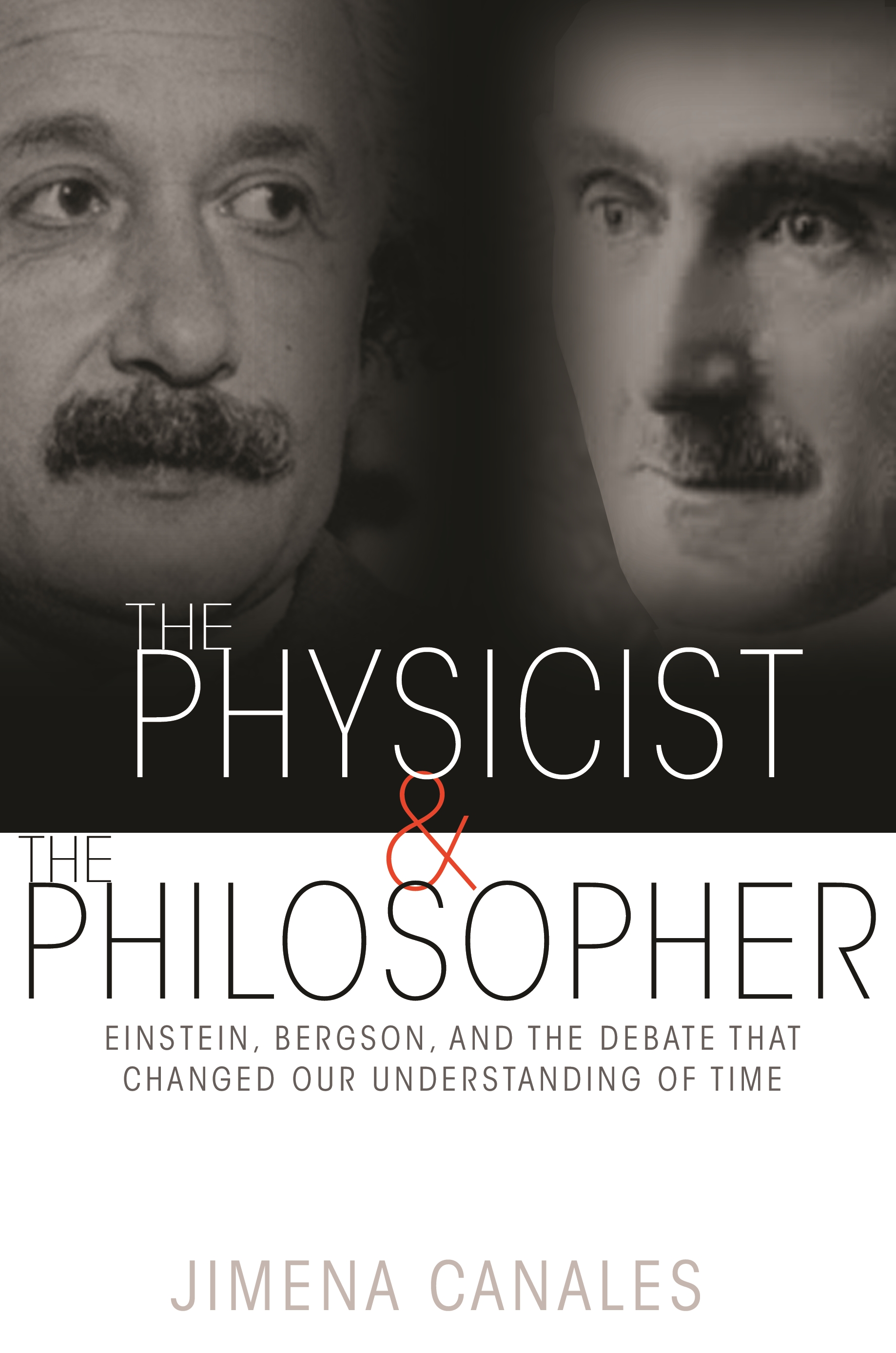What is Time, Consciousness, And Change: Henri Bergson's Philosophy Of Flux?
Editor's Notes: "Time, Consciousness, And Change: Henri Bergson's Philosophy Of Flux" have published today date. Many people are now seeing an opportunity to gain a deeper understanding of Time, Consciousness, And Change: Henri Bergson's Philosophy Of Flux.
Our group of experts has done extensive research and has produced this article to help you fully understand Time, Consciousness, And Change: Henri Bergson's Philosophy Of Flux. We've created this guide after carefully examining different sources and their respective benefits and drawbacks. Continue reading to learn more about Time, Consciousness, And Change: Henri Bergson's Philosophy Of Flux.
Key Differences or Key Takeaways
Transition to main article topics

The Philosophy of Simone Weil with Eric O. Springsted | Listen Notes - Source www.listennotes.com
FAQ
This FAQ section provides answers to commonly asked questions and addresses misconceptions regarding Henri Bergson's philosophy of flux, as discussed in Time, Consciousness, And Change: Henri Bergson's Philosophy Of Flux.
Question 1: What is the core concept of Bergson's philosophy of flux?
Answer: Bergson's philosophy of flux emphasizes that reality is a continuous process of change and becoming. Central to his theory is the concept of "duration," which signifies the lived experience of time as an uninterrupted and indivisible flow.

Henri Bergson - Time and Free Will - An essay on the Immediate Data of - Source www.studocu.com
Question 2: How does Bergson differentiate between scientific time and lived time?
Answer: Bergson distinguishes between scientific time, which is abstract, divisible, and measured, and lived time, which is subjective, immediate, and qualitative. Lived time is the duration of our conscious experience and cannot be captured by scientific measurements.
Question 3: What is the role of consciousness in Bergson's philosophy?
Answer: Consciousness, according to Bergson, is not a passive observer but an active participant in the creation of reality. It continuously interacts with the world, shaping and transforming our experiences.
Question 4: What are the implications of Bergson's philosophy for ethics?
Answer: Bergson's emphasis on duration and change suggests that ethical principles cannot be fixed but must adapt to the dynamic nature of reality. He advocates for an ethics of sympathy and intuition, which involves understanding the unique circumstances of each situation.
Question 5: How does Bergson's philosophy compare to other philosophical perspectives?
Answer: Bergson's philosophy of flux stands in contrast to traditional Western metaphysics, which often sees the world as static and unchanging. It also differs from the mechanistic materialism of science, which reduces reality to its physical components.
Question 6: What is the significance of Bergson's philosophy in contemporary thought?
Answer: Bergson's philosophy has influenced various fields, including psychology, phenomenology, and theology. It continues to inspire scholars and artists who seek to explore the dynamic and subjective aspects of human experience.
Ultimately, Bergson's philosophy of flux provides a nuanced and insightful understanding of the nature of reality, time, and consciousness, challenging conventional notions and offering new perspectives on the human condition.
Tips
Extracting practical insights from Henri Bergson's philosophy of flux can help foster a deeper understanding of the nature of time, consciousness, and change. Here are some tips for leveraging Bergson's ideas:
Tip 1: Embrace the fluidity of time.
Bergson argues that time is not a fixed or absolute entity but rather a continuous flow. Avoid thinking of time as a series of discrete moments; instead, conceive it as an indivisible stream of events.
Tip 2: Recognize the importance of duration.
Bergson distinguishes between "objective" and "real" duration. Objective duration is the abstract concept of time as measured by clocks. Real duration, however, is the lived experience of time, which encompasses our inner perceptions and emotions.
Tip 3: Attend to the memory as a creative force.
According to Bergson, memory is not a passive representation of the past but an active force that shapes the present. Embrace the transformative nature of memory and use it to gain new perspectives and insights.
Tip 4: Cultivate intuition and empathy.
Bergson emphasizes the importance of intuition, which provides direct, non-conceptual knowledge. Develop your intuitive abilities to complement your rational thinking and foster empathy for others.
Tip 5: Embrace creativity and innovation.
Bergson's philosophy encourages creativity and innovation, as he sees change as a fundamental aspect of reality. Embrace new ideas and approaches, and don't be afraid to challenge conventional thinking.
By applying these tips, you can gain a deeper understanding of time, consciousness, and change from Bergson's philosophical perspective. This understanding can lead to personal growth, enhanced creativity, and a more profound appreciation of the nature of existence.
Time, Consciousness, And Change: Henri Bergson's Philosophy Of Flux
Henri Bergson's philosophy of flux emphasizes the fluidity and constant change of reality, a view encapsulated in his concept of duration. This essay explores six key aspects of Bergson's philosophy that provide insight into his understanding of time, consciousness, and change: duration, memory, élan vital, intuition, sympathy, and freedom.
- Duration: The fundamental reality of time, a continuous flow of experience.
- Memory: Preserves the past within the present, creating a unique and evolving consciousness.
- Élan vital: The vital force that drives change and evolution, infusing the universe with creativity.
- Intuition: A non-rational mode of knowledge that allows us to grasp the essence of reality.
- Sympathy: The ability to understand the experiences of others, bridging the gap between individuals.
- Freedom: The power to act in the present, shaped by the accumulated experiences of the past.
These key aspects are interconnected and mutually supportive, forming a comprehensive framework for understanding Bergson's philosophy. Duration provides the foundation for understanding the nature of time and change, while memory allows us to connect the past with the present. Élan vital drives the constant flux of reality, while intuition allows us to access its deeper essence. Sympathy fosters empathy and understanding, and freedom allows us to navigate the ever-changing landscape of life. Together, these aspects paint a vivid picture of Bergson's philosophy of flux, where time, consciousness, and change are inextricably linked, shaping our experience of reality and our place within it.

Henri Bergson: una lección sobre el tiempo a Albert Einstein - Source blog.soltekonline.com

Recollection & Life: Bergson’s Metaphysics of Memory | Epoché Magazine - Source epochemagazine.org
Time, Consciousness, And Change: Henri Bergson's Philosophy Of Flux
Henri Bergson's philosophy of flux emphasizes the fundamental connection between time, consciousness, and change. Time, according to Bergson, is not absolute and measurable, as conceived by Isaac Newton, but rather a subjective, psychological phenomenon that is experienced and perceived by conscious beings.

The Physicist and the Philosopher | Princeton University Press - Source press.princeton.edu
Consciousness, in turn, is not a fixed or static entity, but rather a dynamic and ever-changing flow of thoughts, feelings, and intuitions. Change, therefore, is an inherent characteristic of both time and consciousness, and the three are inextricably interconnected.
Bergson's philosophy has significant implications for our understanding of human experience and reality. By recognizing the fluidity and interconnectedness of time, consciousness, and change, we can gain a deeper understanding of our own subjective experiences and the nature of the world around us.
Key Insights:
- Time is not absolute but rather subjective and experienced.
- Consciousness is not static but rather a dynamic and ever-changing flow.
- Change is an inherent characteristic of both time and consciousness.
- Time, consciousness, and change are inextricably interconnected.
Conclusion
Bergson's philosophy of flux challenges us to rethink our conventional understanding of time, consciousness, and change. By recognizing the fluidity and interconnectedness of these three dimensions, we can gain a deeper understanding of our own subjective experiences and the nature of reality itself.
This understanding has profound implications for our lives and our understanding of the world around us. It can help us to appreciate the richness and complexity of our own experiences, and to see the world in a more dynamic and interconnected way.